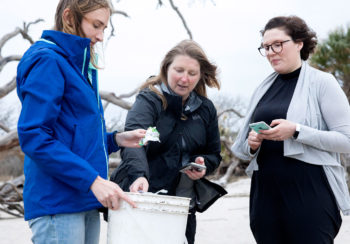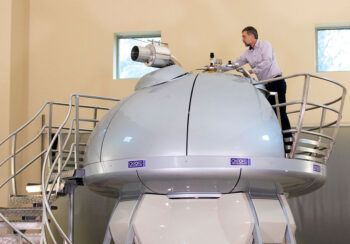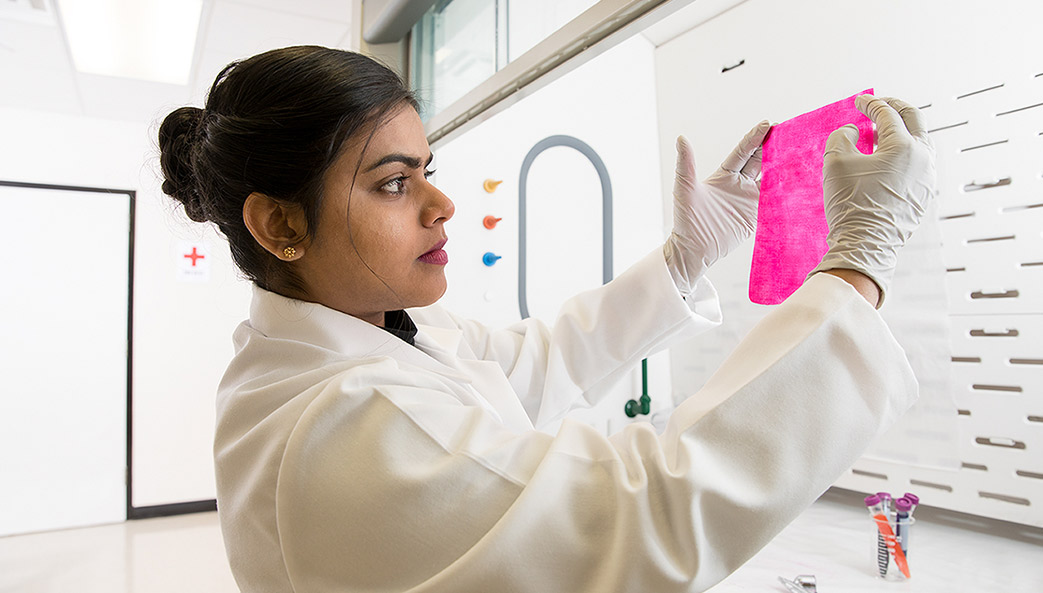Environment influences health
Cordero, the Patel Distinguished Professor of Public Health, has focused on how environmental pollutants can cause preterm births or other complications in pregnant women for decades. A native of Puerto Rico, he became concerned when he saw that the island had one of the highest premature birth rates in the U.S. He decided to do something about it.
Cordero is co-founder and co-director of the Puerto Rico Testsite for Exploring Contamination Threats, or PROTECT, a large research program that includes UGA, Northeastern University, the University of Michigan and the University of Puerto Rico. He’s been one of PROTECT’s leaders for over a decade, following women through the course of their pregnancies to determine what might be causing many Puerto Ricans to go into premature labor.
Premature birth is one of the leading causes of death for babies under the age of 1. It can also cause lifelong complications ranging from gastrointestinal to cognitive problems and other developmental issues.
“It became obvious that there was something going on, most likely related to the environment,” said Cordero. Puerto Rico has more Superfund sites than most of the U.S., meaning that Puerto Ricans are more likely to come into contact with contamination than the average American. Exposure to phthalates among women is also twice as likely on the island than in the rest of the country.
Researchers have known that chemicals from contaminated sites could cause problems for years, but the link between phthalates and premature birth was a new discovery. And it was one that could give women more control over keeping their babies safe by opting for phthalate-free cosmetics and avoiding the chemicals in other home goods and new toys they purchase for their children.
“We want to reduce—and we need to reduce—infant mortality. If we want to ensure that our babies are born healthy and that they develop and thrive, we need to take care of the preterm birth problem.”
– José Cordero, Patel Distinguished Professor of Public Health
Addressing the preterm birth problem
Through a series of science-backed interventions, Puerto Rico is tackling the premature birth problem. First, hospitals established a “hard stop” policy on elective inductions, which occur when a woman is full term and has labor induced without a medical reason. For women with a history of premature delivery, medical providers are giving them a hormone that reduced their risk of early labor. And the island launched campaigns to educate women about the warning signs of early labor so they can seek a doctors help to intervene or even delay birth.
“The U.S. has one of the highest infant mortalities of any developed country,” Cordero said. “The reason is that we have too many babies that are born too early, and that number has been increasing over the last four years.
“We want to reduce—and we need to reduce—infant mortality. If we want to ensure that our babies are born healthy and that they develop and thrive, we need to take care of the preterm birth problem.”

About the Researcher
José Cordero
Patel Distinguished Professor of Public Health
College of Public Health






